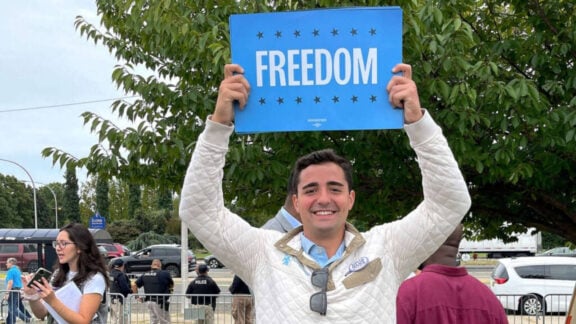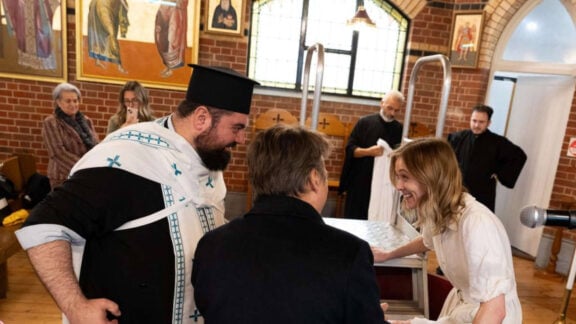New figures from the census data shows that the majority of Greek Australians earn between $200 and $300 a week, well bellow the national average of $400 to $600.
Household weekly income shows a larger gap, with most Greek households only earning between $400 to $599 versus the national average of $1,500 to $1,999 weekly.
It might sound like a made up figure, but the reality is more Greeks are struggling to afford everyday expenses.
Imagine living on $200 a fortnight: after paying electricity, the car and paying the mortgage, for many Greek pensioners that is a reality.
With an aging population (the average age is above 40) the problem is set to become even more widespread in the years to come.
For pensioner Mary*, things are a day-by-day struggle.
“The mortgage is $400 a fortnight. You’ve got rates, the electricity and the phone, your car rego, your petrol. It leaves us about $200 a fortnight on general expenses. That’s it,” she told Neos Kosmos.
Currently, pensioners receive $348 a week for singles and about $500 each for couples. With the rising cost of living many have to sacrifice necessities like health care and proper heating in winter months.
Mary finds living on the pension doesn’t afford her much flexibility.
“If something goes wrong in the house you don’t have the spare cash to fix it up. If I get sick I’ve got to go to a public hospital, because we don’t have private health insurance, it’s too expensive now,” she says.
Basic heath concerns might sometimes go untreated when money is tight, and for pensioners that could be very much life-threatening.
The carbon tax is promising to compensate pensioners with an extra $338 a year, but the extra cash isn’t being used wisely.
Handouts to pensioners and lower income earners in May and June have led to a surge in pokie revenues according to the Australian Financial Review.
In Victoria the punts rose by 8.6 per cent and rose about 12 per cent in Queensland, way above the national average of previous months.
Gambling problems are just one facet the Australian Greek Welfare Society (AGWS) deals with.
Dealing with more than 2000 cases a year, the case load is increasing and demand for assistance is high.
Case worker officer, Ms Dimitra Lagoudaki believes as the Greek community ages, more help will be needed.
“We have the capacity to meet immediate needs of the vulnerable and low income earners, not only pensioners but families too and new migrants, but it’s very limited,” she told Neos Kosmos.
The AGWS is a main source of assistance for Greeks dealing with financial, legal and emotional problems.
It provides basic economic assistance and refers cases to other organisations when needed.
“What we do is we might assist them to get the bond assistance scheme, if they need money to rent a house, or we can fill the forms for the utility relief grant which is when they cannot pay for bills,” Ms Lagoudaki says.
It also provides food vouchers and gets in contact with utility companies to help the client.
But, the AGWS is quick to note they do not have the funds or the resources to act as a handout charity.
“We see the people as part of this solution. We don’t say, ok, take this money. Of course we give them options, we support them to seek other options,” Ms Lagoudaki says.
It sees many pensioners struggling to buy medications when the cost of living is so high.
Many of the cases the AGWS deals with require more than just financial assistance.
“In a lot of cases they’ve got other underlying problems. They don’t just struggle financially, but with other issues, like family relationship issues or they might have drug problems or domestic violence,” Ms Lagoudaki says.
Financial problems come hand in hand with other problems, like isolation and relationship issues.
The AGWS thinks it’s very important for clients to be educated on what services are available to them and empower them to get on their own two feet again.
For pensioner Mary, the lack of funds is a fact of life that she adapts to every day.
“You learn to live your means. You live frugally. You don’t live like Packer, or Murdoch or Reinhart. You learn to be humble and you cook just what you need,” she says.
The Greek Australian Archdiocese also runs Christmas and Easter collections for the poor annually. The donations are given to Greeks in need around Australia.
The AGWS runs a Radiothon every year to raise funds and this year will be on 11 August and 15 August and broadcast on 3XY Radio.
*Names have been substituted.
Advertisement








